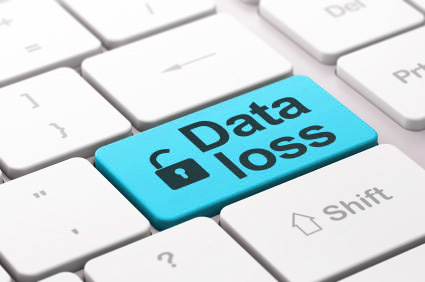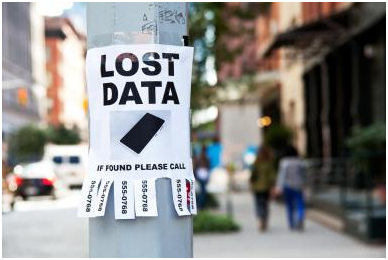Tips to minimize data loss in PC

 Once in a while we all face a certain situation which involves a PC and your data being deleted or corrupted. There are some free data recovery software that can help you out in your time of need, but it’s often better to be safe than sorry. In this article, I will point out some of the best practices that ensure that you won’t end up losing your data. Whether it’s an old college photo or a song that you loved in your twenties, all fall into recoverable categories that are included in this article. But if you have already lost some of your data through disk damaged etc. Then you should probably check out some file recovery softwares, there are plenty of them available on the internet. Computer users are human and electronic components can’t really be trusted unless they are under warranties but even that doesn’t guarantee the security of your data. Which led me to compile this list of useful tips and strategies that might end up saving you from a heap of trouble.
Once in a while we all face a certain situation which involves a PC and your data being deleted or corrupted. There are some free data recovery software that can help you out in your time of need, but it’s often better to be safe than sorry. In this article, I will point out some of the best practices that ensure that you won’t end up losing your data. Whether it’s an old college photo or a song that you loved in your twenties, all fall into recoverable categories that are included in this article. But if you have already lost some of your data through disk damaged etc. Then you should probably check out some file recovery softwares, there are plenty of them available on the internet. Computer users are human and electronic components can’t really be trusted unless they are under warranties but even that doesn’t guarantee the security of your data. Which led me to compile this list of useful tips and strategies that might end up saving you from a heap of trouble.
So, without further delay:
Here are some tips to minimize data loss in PC
- Have your photos backed up. This is a no-brainer, always have your photos and music backed up either through a cloud service or through an external hard disk. This will save you from various troubles of recovering your data.
- Having a backup hard disk might cost you a little bit of extra cash but it often pays off in these situations, especially if you have massive amounts of data in your computer hard disk. I would recommend a backup hard disk if your data doesn’t include a lot of small sized files like music and photos.
- In case your data includes a lot of small sized images then it’s generally better to just upload it to your cloud drive. There are quite a few of them available on the internet for free
- Run hard disk tests through your preferred disk management software to ensure that your hard disk has ample integrity. Do this at least once a month especially if your work or hobbies rely heavily on optimal disk performance.
- Use a reliable antivirus program and run system wide scan at least once a week. Also try your best to keep your virus-detection program updated.
- Having a backup generator in case of an untimely power fluctuation can save your hard disk from being completely useless. I highly recommend this step if you live or work in an hour that encounters electrical storms and lightning.
- Back up your data as frequently as possible, if you consider manual backup to be a burden then downloading a few free programs from the internet to do just that. Softwares like these back up your data up in a timely manner meanwhile saving time and possibly your data from being lost.
Static electricity is often neglected since it’s almost non-existent, but it can severely damage your electronic components. New age media storage are especially more liable to static electricity damage, I suggest that you make sure that doesn’t happen through various preventative measures.




